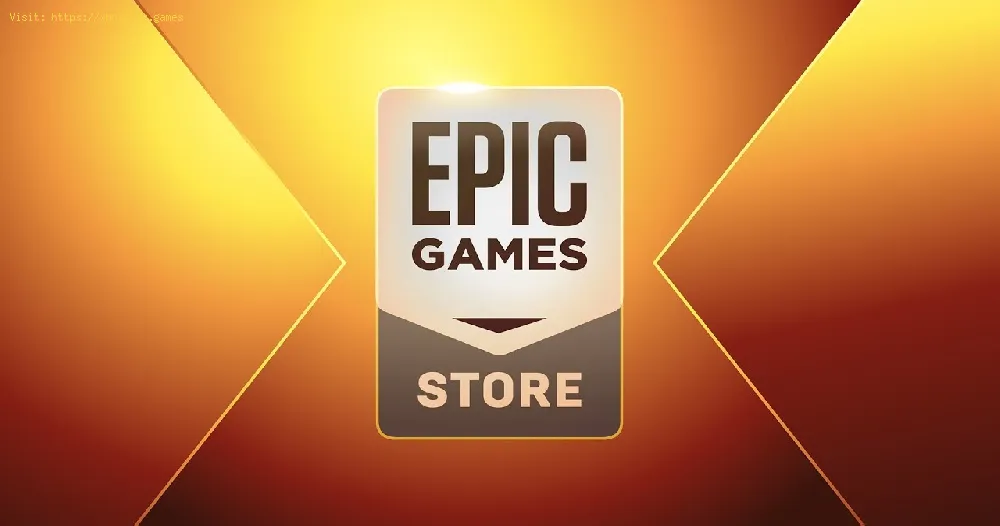By 2019-03-05 16:42:45
Fortnite, the well-known Battle Royale video game developed by Epic Games in 2017, has become one of the most popular games in history, achieving enormous success. However, its developers have received several demands for copying some characteristic elements of children and independent artists, without having the right or permission of the original owners or creators.
Read Also:
Currently there are 7 people who sue Epic Games claiming that the company is violating the copyright law by copying some of their gestures and movements by converting them into Fortnite emotes and dances without authorization, the dances are touching land that you can not imagine touching , the legal ground and this is something that does not favor any of the parties involved.
Emotes are animations, some simply refer to them as Fortnite Dances that players can win or buy, being quite interesting in general because they are almost always related to something we have already seen.
Most of these movements are simply generic, however, there are others that imitate movements such as the dance of Saturday night by John Travolta or the meme "Salt Bae".
Some of the artists who initiated the lawsuits were Alfonso Ribeiro of Fresh Prince of Bel-Air and rapper 2 Milly, who allege that Epic infringes the copyright law while the number of lawsuits continues to rise.
For its part, the Copyright Office of the US. UU, does not approve the "short dance routines that consist of only a few movements or steps", nor the "social dances" which are not designed for professional dancers.
Bearing this in mind, popular and well-known dances could become a legal problem, as if it were a song. Although surely not all the demands are from individual artists, but from giants such as Viacom, Sony or Disney, who own a large part of pop culture.
But if the dance moves are stopped as a song then many internet pages should implement detection systems to regulate the movements that the users in the network, for example YouTube, would have to add a function of movement analysis in their system content identification to track any content that has movements not allowed, in the same way many stars would hire services such as CollabDRM, to register every gesture or characteristic movement and to be able to claim compensation to who uses them without authorization.
The company that owns the dance on Saturday night by John Travolta is not exactly considered as a Youtuber that imitates the artist's pace. But the copyright law seeks to protect the most vulnerable users who are sued by the powerful or famous.
The last demand that Fortnite received by Copyright in their dances was interposed by the equipment of basketball of the University of Maryland alleging that Epic had used its dance "Running Man", nevertheless, there are those who say that the step belongs to the club of New Jersey , but in any case we do not believe that the owner sued basketball players for violating their copyright.
In the long term, copyright could jeopardize the preservation of culture by limiting the use of certain things.
Experts say that the Fortnite dances somehow erase elements of the artists' work which ends up deforming them, above all when it comes to artists of color, from whom most of the demands come.
Unfortunately, these laws often turn the community's cultural landmarks into private property.
Other Tags
video game, gameplay, price, 60fps, steam
Other Articles Related
- How to Fix Fortnite Investigating Epic Games Launcher Login Error AS-3
- How to Fix Epic Games Error 500
- How to Fix Epic Games Launcher Black Screen
- How to Fix Epic Games Verification Email Not Sending
- How to Fix Epic Games Error II-E1003
- How to Fix Epic Games Error Code AS-3
- How To Fix Epic Games error code 0xc000007b
- How to Download Epic Games: APK Link v4.2.0
- How To Appear Offline On Epic Games
- Epic Games: How to fix the Socket Open Error
- Epic Games Store: How to Fix Game Unavailable Error
- Epic Games: How To Fix Launcher Won’t Install
- Epic Games: How to Fix Invalid Client Login Error
- Epic Games: How Fix Stuck On Preparing the Launcher
- Epic Games: How to Unlink Account
- Epic Games: How to Fix Slow Download Speed
- Epic Games Store Would End Exclusivity Deals If Steam Changes Revenue Share for Developers
- Epic Games Bans More Than 1000 Fortnite Cheaters
- Epic Games still having problems with Fortnite dance demands
- Epic game store and its small library, for its new PC store
- Epic sued by Alfonso Ribeiro,
- Get your gift from the Epic Games Store
- Dead or Alive 6: All about the video game
- Kingdom Hearts III VR is now available for free
- Apex Legends gets more consumers in a Fortnite month in four months
- Apex Legends: Bangalore Complete Guide, Tips and Tricks
- Person 5 on Nintendo Switch will have its launch
- Fortnite Season 8 is available for different consoles
